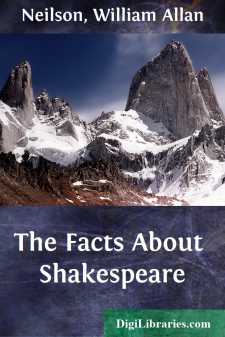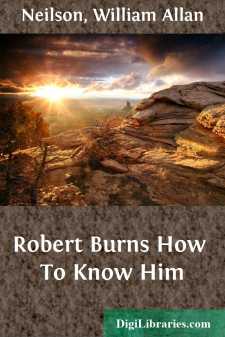Categories
- Antiques & Collectibles 13
- Architecture 36
- Art 48
- Bibles 22
- Biography & Autobiography 815
- Body, Mind & Spirit 144
- Business & Economics 28
- Children's Books 18
- Children's Fiction 14
- Computers 4
- Cooking 94
- Crafts & Hobbies 4
- Drama 346
- Education 58
- Family & Relationships 59
- Fiction 11835
- Games 19
- Gardening 17
- Health & Fitness 34
- History 1378
- House & Home 1
- Humor 147
- Juvenile Fiction 1873
- Juvenile Nonfiction 202
- Language Arts & Disciplines 89
- Law 16
- Literary Collections 686
- Literary Criticism 179
- Mathematics 13
- Medical 41
- Music 40
- Nature 180
- Non-Classifiable 1768
- Performing Arts 7
- Periodicals 1453
- Philosophy 65
- Photography 2
- Poetry 896
- Political Science 203
- Psychology 44
- Reference 154
- Religion 515
- Science 126
- Self-Help 85
- Social Science 83
- Sports & Recreation 34
- Study Aids 3
- Technology & Engineering 59
- Transportation 23
- Travel 463
- True Crime 29
William Allan Neilson
Brooks Adams (1848–1927) was an American historian, political theorist, and member of the prominent Adams family. Known for his works on the cyclical nature of civilizations, he argued that societies inevitably decline due to economic forces. His most notable books include "The Law of Civilization and Decay" (1895), which discusses the rise and fall of civilizations, and "America's Economic Supremacy" (1900), where he predicted the rise of the U.S. as a global power. Adams' ideas reflected a pessimistic view of history, emphasizing the role of material wealth in determining the fate of nations.
Author's Books:
Sort by:
Shakespeare's England and London Shakespeare lived in a period of change. In religion, politics, literature, and commerce, in the habits of daily living, in the world of ideas, his lifetime witnessed continual change and movement. When Elizabeth came to the throne, six years before he was born, England was still largely Catholic, as it had been for nine centuries; when she died England was...
more...
CHAPTER I BIOGRAPHY “I have not the most distant pretence to what the pye-coated guardians of Escutcheons call a Gentleman. When at Edinburgh last winter, I got acquainted at the Herald's office; and looking thro' the granary of honors, I there found almost every name in the kingdom; but for me, My ancient but ignoble bloodHas crept thro' scoundrels since the flood. Gules, purpure,...
more...



